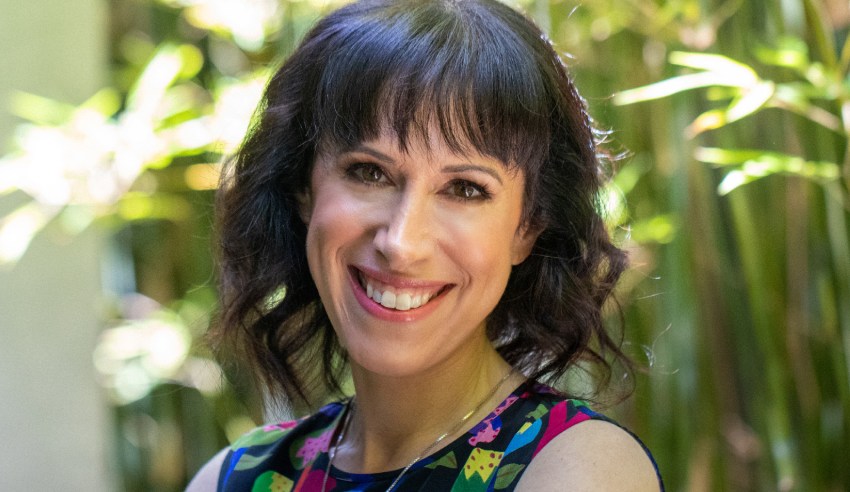Humans are fundamentally social beings. One of our most basic psychological needs is to feel connected to others – and one of the richest but overlooked places for connection is at work, writes Dr Amantha Imber.

Spending the last 12 months working apart has been tough on the culture of many teams. Not surprisingly, it’s led to increased feelings of social isolation that leads to increased stress at work and feeling less satisfied with life in general.
The term HQC was coined by Professor Jane Dutton from the University of Michigan. It refers to a shorter-term interaction that you have with someone virtually or face to face, in which both people feel lit up and energised by the connection.
The beauty of HQCs is that they don’t require significant time – they can be as simple as a five-minute conversation with someone.
Research shows that HQCs have a myriad of benefits, including helping us be more creative, resilient, and even live longer. Beyond helping us thrive individually, they also contribute to building a strong team culture. When team members experience HQCs, they are more creative, coordinated, and more likely to have mutual respect for one another.
Here are three ways to rebuild your team culture through focusing on HQCs:
Find uncommon commonalities
Looking for things that you have in common with a teammate that no one else in your team has in common is one effective method for experiencing HQCs.
At the start of a meeting, divide people into pairs and give them 60 seconds to find something they have in common with their partner. Their only catch is that the thing they have in common must be something unusual (e.g. that no one else in the team could claim).
At the behavioural science consultancy I founded, Inventium, we occasionally use this activity at the start of a meeting or workshop.
One time, I was paired with a new member of our team and within 60 seconds, we managed to find out we were both fascinated by serial killers when we were in our 20s and had read many of the same books understanding their psychology. Needless to say, no one else in our team could (or wanted to) claim this.
Perform a 5-minute favour
Counterintuitively, when we do something nice for someone else, it makes us feel closer to them. To foster HQCs with someone in your team, take five minutes out of your day to perform a favour.
It might be grabbing them a coffee at morning tea, offering some help with something they are working on, or even running an errand for them.
Ideally, the favour should be something that helps them do their job better or makes them feel happier.
After getting used to doing favours for teammates, you could build this into a daily or weekly ritual. For example, every Monday, all team members could take five minutes to perform a favour for someone on their team.
Ask better questions
What’s the first question that we ask at the start of every meeting? Typically, it’s some version of “How are you going?”
Boring questions elicit boring answers and do nothing to build stronger connections. Instead, think about a more provocative or interesting question that will elicit a surprising answer or gain further insight into the person.
For example, you might ask the question, “What has been an unexpected upside during COVID for you?” or “What was the most surprising thing that happened to you on the weekend?”
By asking better questions, you will feel more connected to your co-workers and them to you, through sharing something personal.
HQCs make us feel energised and lit up – an important ingredient for reconnecting with our co-workers after such a long period of not seeing them every day in the office.
By deliberately focusing on creating and experiencing HQCs, you’ll see your team’s culture come back to life in no time.
Dr Amantha Imber is the founder of behavioural science consultancy Inventium and the host of How I Work, a podcast about the habits and rituals of the world’s
most successful people.